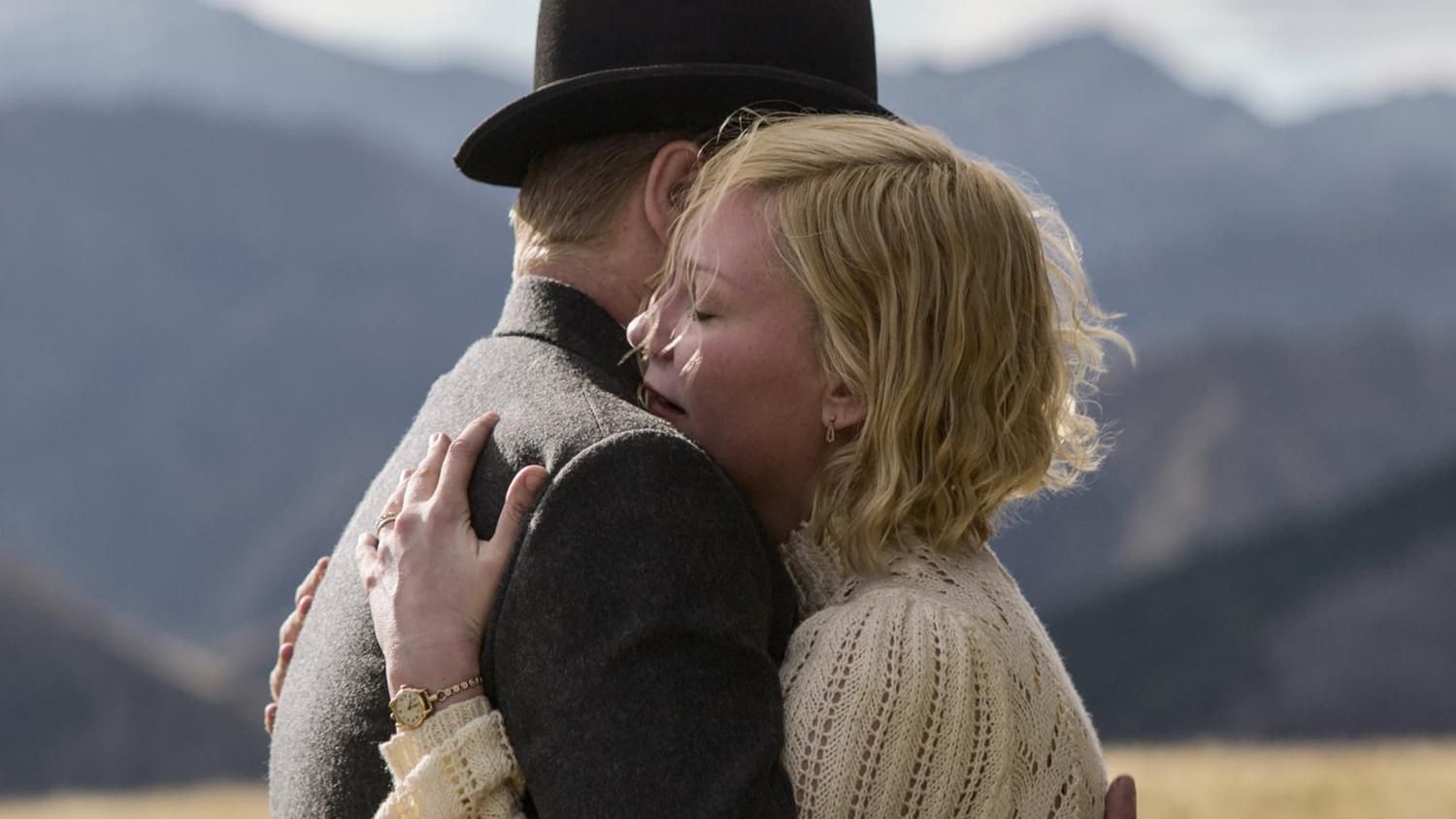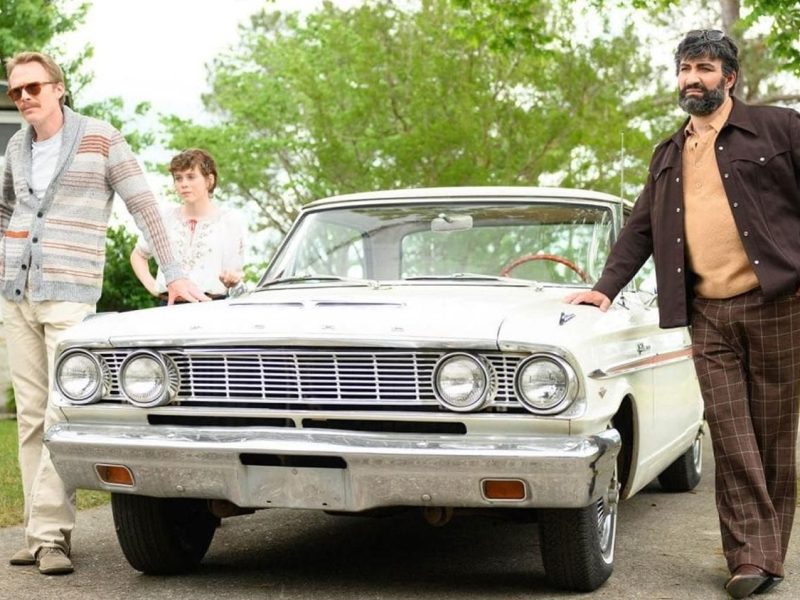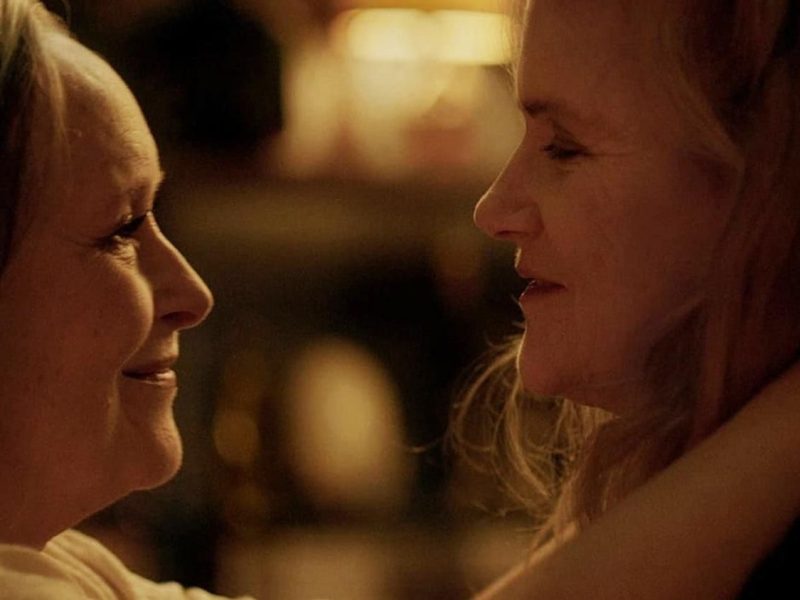The Power Of The Dog Review
There's been 12 long years since the pioneering filmmaker Jane Campion last released a feature. The writer-director is back with the same vigor as her highly praised, deeply sensual, and sexy Palme d'Or-winning The Piano, this time turned into an eerie frontier Western inspired by Thomas Savage's cult novel of 1967. Similar to The Piano, The Power Of The Dog appears to be an actual drama, despite of its 1920s-era setting and explores those same taboos of romance, oppression and visceral expressions of love that are prevalent throughout Campion's tinny yet awe-inspiring work.

The film's opening sequence focuses on the ache of a fraternal bond; Phil (Benedict Cumberbatch) is a sarcastic bully who is praised by his colleagues and is constantly frustrated by the smug indifference of the twin brother George (Jesse Plemons). The dynamic is a tense one between the two characters that will see Cumberbatch turn into a squirming ball of hate. As Phil the actor flits between anger and rage — often referring to the blinding George by the name of 'Fatso'as well as codependency. His anger is the current that runs throughout the film.
Benedict Cumberbatch is at his best Here.
When George's newlywed wife Rose -an actress who feels less than her working-class status, played with a smoky emotionality by Kirsten Dunst — shows up at their ranch house echoing with sound and Phil's anger is revealed, it takes on the form of a new, sly naive and the new passionate affection among George and his wife starts to swell. But as Campion slowly peels away all the layers that make up the mysterious rancher, the movie shifts from a love story to a look at the single, wounded character. Through a tentative relationship between Rose's daughter Pete (Kodi Smit-McPhee) who is a young, shy and lanky man drawn to the natural beauty of nature, Phil begins to feel some reminiscences of his past that included what's claimed to be a close relationship with his mentor who was Bronco Henry, who died in the past. Bronco Henry.
Campion is able to keep the film moving at a snail's pace and limits the amount of genuine drama, sometimes in a negative way, opting to use the symbolism in the ranch as well as its surroundings to convey the narrative. However, the visuals her film creates is one that you will want to be awed by, with all of the sun-baked leather, the muscular horse-backs and the sway of starchy hide being tied into rope. Cinematographer Ari Wegner captures the vistas of Campion's home country New Zealand, doubling as Montana in clear stunning detail. Jonny Greenwood continues to explore his talents as a maverick musician, adding the scuffed, low-key notes of guitar and sad strings.
Cumberbatch is on top of his game in this film. It's the first time Campion has showcased her filmmaking from the male's eyes, and with all the flaws of Phil's and shady nature the actor is utterly at ease. Structure-wise, the other actors aren't utilized however: Plemons who is versatile and always accessible, is mostly offscreen during the second half of the film as Dunst is reduced to a mess of nerves and alcohol. However, Campion's sophisticated techniques for naturalism and eroticism are confident enough to overcome these flaws. It's a great return to an intuitive and unique filmmaker who can evoke the mood of the story in a way that is unlike any other.


